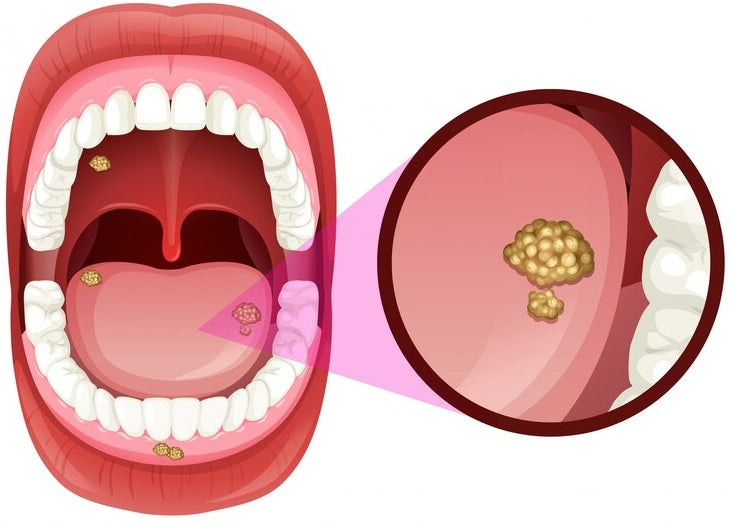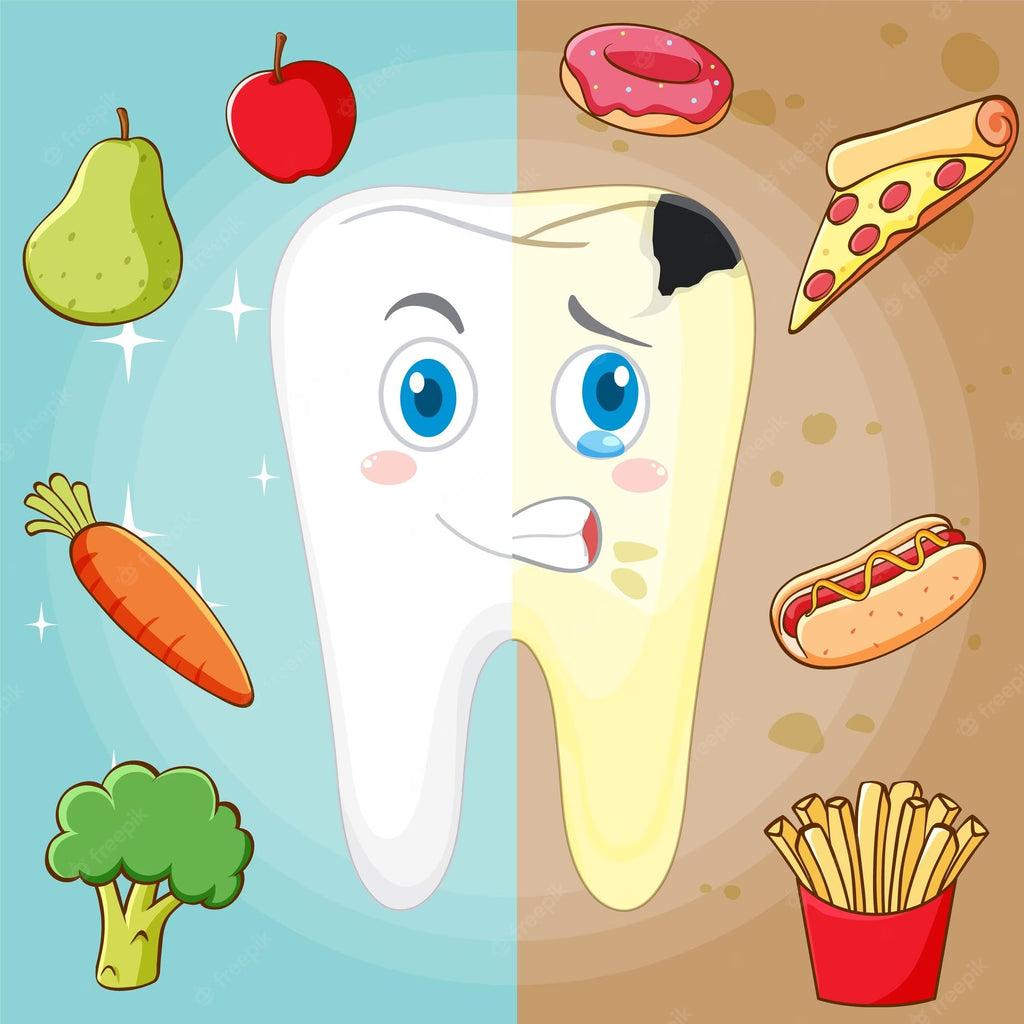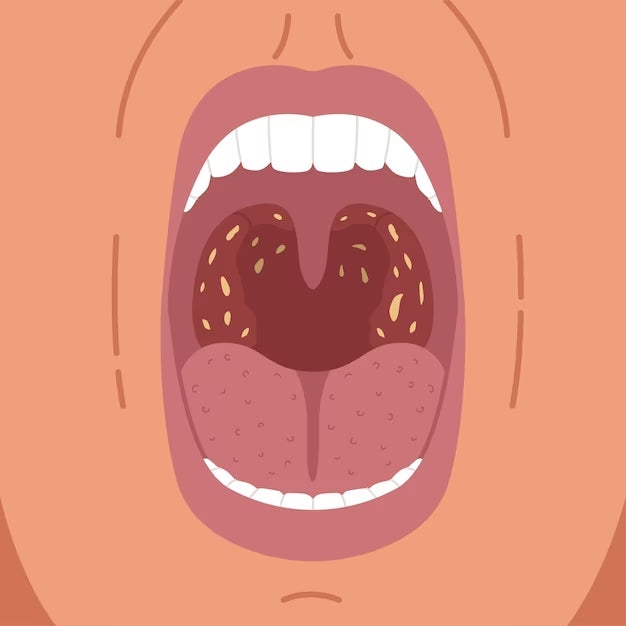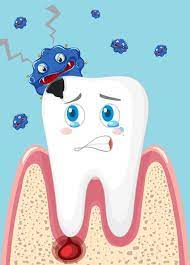The Gut-Body Connection: How Gut Health Affects Your Overall Health
-
As a society, we are becoming more and more aware of the importance of gut health. Over the last few years, the gut has been shown to play a significant role in our overall health and well-being. However, there are still many people who are not aware of the gut-body connection and how gut health affects overall health.
At its simplest, the gut-body connection refers to the idea that the state of your gut can impact the health of your entire body. When your gut is healthy, it helps to keep the rest of your body healthy. But when your gut is unhealthy, it can lead to a range of health issues.
The Importance of Gut Health
Gut health refers to the state of your gastrointestinal system, which includes your stomach, small intestine, and large intestine. When your gut is healthy, it means that it is working properly and is able to absorb nutrients from the food you eat. A healthy gut also means that the microorganisms in your gut (known as gut flora) are in balance.
Research has shown that gut health is linked to a range of health issues, including depression, anxiety, autoimmune diseases, and obesity. In fact, some experts believe that the gut is responsible for up to 70% of the body's immune system.

The Gut-Brain Axis
One of the ways that the gut affects the body is through the gut-brain axis. This is the communication system between your gut and your brain. The gut-brain axis is bidirectional, meaning that your gut can send signals to your brain, and your brain can send signals to your gut.
Research has shown that the gut-brain axis plays a significant role in our overall health. For example, studies have found that changes in gut flora can lead to changes in behavior, mood, and cognitive function.
The gut-brain axis is also thought to be responsible for the link between gut health and mental health. For example, people with depression have been found to have different gut flora compared to people without depression.
How to Improve Gut Health
If you want to improve your gut health, there are several things you can do:
Eat a healthy diet that is high in fiber and low in processed foods.
Take probiotics or eat fermented foods, such as yogurt, sauerkraut, and kimchi.
Reduce your stress levels, as stress can negatively impact gut health.
Get enough sleep, as sleep is important for gut health.
Exercise regularly, as exercise has been shown to improve gut health.
Conclusion
The gut-body connection is an important aspect of our overall health and well-being. When your gut is healthy, it can help to keep the rest of your body healthy. But when your gut is unhealthy, it can lead to a range of health issues. Therefore, it is important to take care of your gut by eating a healthy diet, taking probiotics, reducing stress, getting enough sleep, and exercising regularly. So, make sure to take care of your gut, and consider adding Nude Mints to your routine for a refreshing way to promote gut health.
Experience the refreshing benefits of Nude Mints! These mints, crafted with natural ingredients and probiotics, can help support your gut health while also freshening your breath. Don't wait any longer to start taking care of your gut! Order Nude Mints today and feel the difference.
Get the freshest news on your favorite mouth cleanser and gut freshener!
Read More
-

Halitosis: Understanding the Causes, Diagnosis, and Treatment for Fresh Breath
Halitosis, commonly known as bad breath, is a condition that affects a large number of people worldwide. It can be an embarrassing and isolating experience, but it is important to know that it is a common problem and that there are effective treatments available. In this article, we will discuss the causes, diagnosis, and treatment of halitosis. Causes of Halitosis Halitosis can have several causes, both internal and external. The most common causes include poor oral hygiene, dry mouth, certain foods and drinks, smoking, and certain medical conditions. Poor Oral Hygiene Poor oral hygiene is the most common cause of halitosis. When food particles and bacteria build up in the mouth, they can cause an unpleasant odor. Brushing and flossing...
-

Crucial Connection Between Nutrition and Oral Health: Guide for Better Dental Care
As a dental health professional, we understand the importance of maintaining good oral hygiene to prevent cavities and gum disease. Brushing twice a day and flossing daily are essential habits, but did you know that nutrition also plays a crucial role in keeping your mouth healthy? In this article, we will explore the connection between nutrition and oral health and how you can make better food choices to support your dental health. How Nutrition Affects Oral Health Your diet can impact your oral health in many ways. A diet high in sugary and acidic foods can increase the risk of tooth decay and gum disease. When you eat sugary foods, the bacteria in your mouth feed on the sugar and...
-

How to Treat Bad Breath Caused by Dry Mouth
Do you ever feel self-conscious about your breath? Do people avoid talking to you because of bad breath? Dry mouth, also known as xerostomia, can cause bad breath and make social interactions uncomfortable. In this article, we will discuss what causes dry mouth, how it leads to bad breath, and what you can do to treat it. Table of Contents What is dry mouth? Causes of dry mouth How dry mouth causes bad breath Signs and symptoms of dry mouth Diagnosis of dry mouth Treating dry mouth Home remedies for dry mouth Professional treatments for dry mouth Tips for maintaining oral hygiene Foods and drinks to avoid with dry mouth Conclusion FAQs What is dry mouth? Dry mouth occurs when...
-

The Relationship Between Diabetes and Gum Disease: Understanding the Link
Diabetes and gum disease are two conditions that may seem unrelated, but research has shown that they are actually closely linked. In fact, individuals with diabetes are more likely to develop gum disease, and those with gum disease are more likely to have difficulty controlling their blood sugar levels. This article will explore the connection between diabetes and gum disease, and provide insights on how you can reduce your risk of developing both. The Relationship Between Diabetes and Gum Disease Diabetes is a condition that affects the body's ability to produce or respond to insulin, a hormone that regulates blood sugar levels. When blood sugar levels are consistently high, it can lead to a range of health complications, including nerve...






